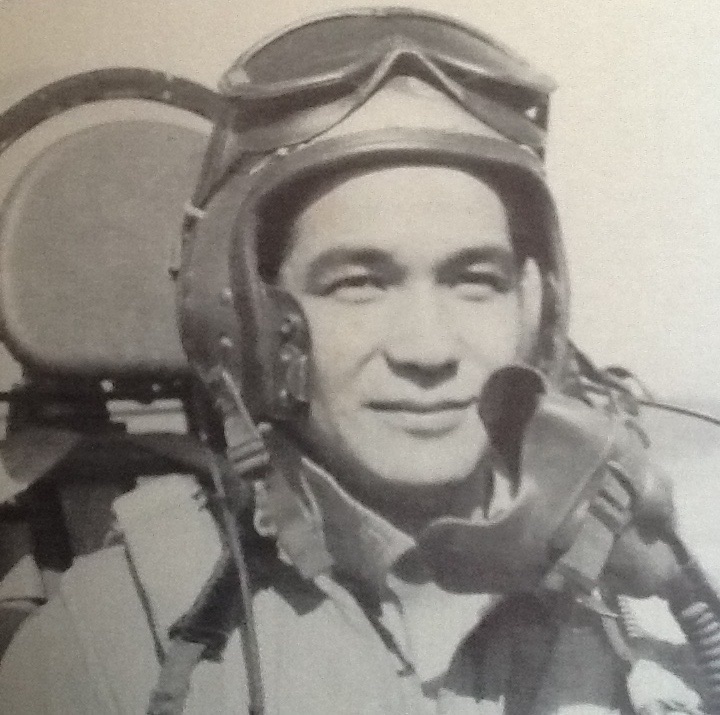
How do you deal with grief, especially if it’s the loss of someone you love dearly? With the global crises in which we all find ourselves, perhaps you’re grappling with the death of someone close to you. This past year, I’ve not only lost an aunt and and uncle, but also my precious father.
Nothing could have prepared me for that phone call from the hospital chaplain. News of my father’s death knocked the breath breath out of me; in its place was deep sorrow. Distressed over the circumstances of his death, I struggled with guilt from not being able to be there to help him, nor to even attend his funeral.
A true patriot, my father served in all four of the military services—the U.S. Army, Navy, Air Force, and Marines—and he was a veteran of World War II, the Korean War, and the Vietnam War.
Despite growing up during the Great Depression amidst great poverty, as one of 16 children, against all odds, and against the racism that prevailed during this time, he achieved his dream of serving as a fighter pilot in the U.S. Air Force, retiring as a Colonel.
Following his military career, he continued to serve as an aviator flying as a 747 Captain for Pan American World Airways (a.k.a. Pan Am). Although he was in the hospital at the time, he was blessed to have received the Congressional Gold Medal in recognition of his military service as a Chinese-American during World War II.
It’s tough realizing that I can no longer share in conversation with him as in times past. Instead, I sense deep emptiness in the space where he had once filled in my life.
One thing that I cherish about my father is that in spite of his age, he never lost that child-like excitement of discovering something new, whether it be new technology, enjoying some delicious food, or seeing something beautiful in nature.
Here are 6 Ways to Deal with Grief that I’ve learned on my own and found helpful thus far that I’d like to share with you, in the event that you find yourself in a similar situation.
1) Allow yourself to feel the emotions that may come up for you. Initially, you may feel anger or even denial. These are all normal feelings that come about to help us to deal with the shock of experiencing a deep loss.
2) Find ways to simply your life, cutting out any unnecessary tasks or actions. While keeping busy may be one way of coping with the loss, it can be a form of distraction that may, in the long run, prolong the grieving process.
3) Get out in nature. This was probably one of the most helpful things that I could do. When you get outside, whether it’s bicycling, hiking, spending time at a lake or beach, or simply taking a walk, getting sunshine and fresh air does much to lift the spirit.
4) Spend time with family and close friends who knew your loved one. Sharing these precious memories will help you to realize that you’re not alone. You may even learn some things about your loved one, of which you were previously unaware.
5) Journal about not only about your sorrows in losing your loved one, but also all the happy times that you’ve cherished. Writing provides you with an outlet to express your feelings, which may serve to give you greater appreciation for what made your loved one so special.
6) Finally, fill yourself with gratitude for the times that you were able to share with your loved one, rather than focusing on what you could have done differently or better. Gratitude has a way of shifting your focus from the negative to the positive, which has great benefits in lifting your mood and spirit.
My father was 96 years old when he passed away. I’m grateful for the time I’ve had him in my life. When I feel overwhelmed with grief, I’m reminded of how much my father is with and in me—the huge impact he’s had in shaping my character and values—and in this way, he doesn’t seem so far away.
